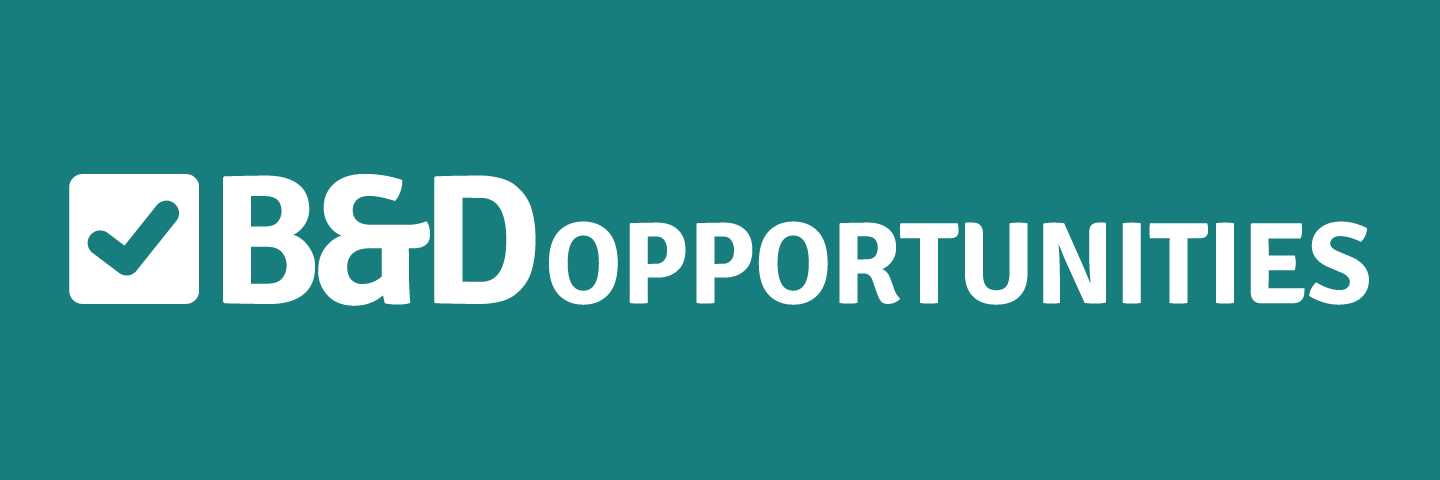Convenience stores play a vital role in people’s food choices. At the heart of communities, and often in areas with few other food shops, they are often not only convenient but essential – particularly for older people or those with disabilities. They can also be a source of culturally specific products or ingredients, playing a vital role in communities with different ethnic backgrounds accessing familiar foods.
Despite their importance, and the number of these stores in our neighbourhoods, we don’t associate them with healthy or sustainable food. While most people appreciate a treat every once in a while, often these stores lack the types of snack and convenience food that will make us feel good, and focus on highly-processed products high in fat, salt and sugar.
As part of our Good Food Plan and Food Partnership, we have partnered with Rice Marketing to support 40 local retailers to provide healthier foods, from more fresh ingredients and wholegrains, to healthier versions of popular snacks. By providing a selection of different products free of charge, businesses have been invited to test the market with no risk to their bottom line. As a result, the retailers understand that we recognise their immense role and value to the community, and that we’re seeking to partner with them meaningfully to improve the food environment.
We’ve also worked with a number of African and Afro-Caribbean stores in the same way. One example is Da Food 4 Living on Ripple Road. Working in partnership with East London wholesaler Wanis, owner Bola Omurati received a pallet of foods, including no salt plantain chips and peanut butter, and wholemeal Hardo bread. We believe this is the first time that Afro-Caribbean communities and their retailers have been supported in this way.
Results of the first phase shows we’ve increased the number of healthier lines available across the first 25 stores by 24%. 15 more stores are being supported in November, and results will be available by the end of the year.
Bola Olumoroti, owner of Da Food 4Living, supported in phase 1, says: “This project shows the little steps that customers can make to improve their health and keep them away from the doctor. The council is supporting me to stock healthier options of everyday staples which I know customers will buy once they see them in my shop. This project shows that the Council celebrates the borough’s diversity and sees us as one community.”
To show our continued support, we’ve invited eligible stores to apply for grants of up to £3,000 to continue their improvements. All local food businesses are invited to apply – find out more at The BEC website
Here’s a little snapshot of the work with Da Food 4 Living: East London council supports 40 local shops to offer healthier and more sustainable food offer | London Borough of Barking and Dagenham (lbbd.gov.uk)
If you would like to know more, send us an email: goodfood@lbbd.gov.uk



